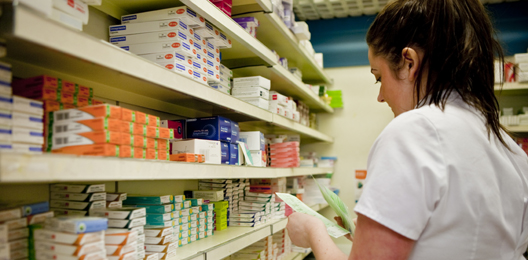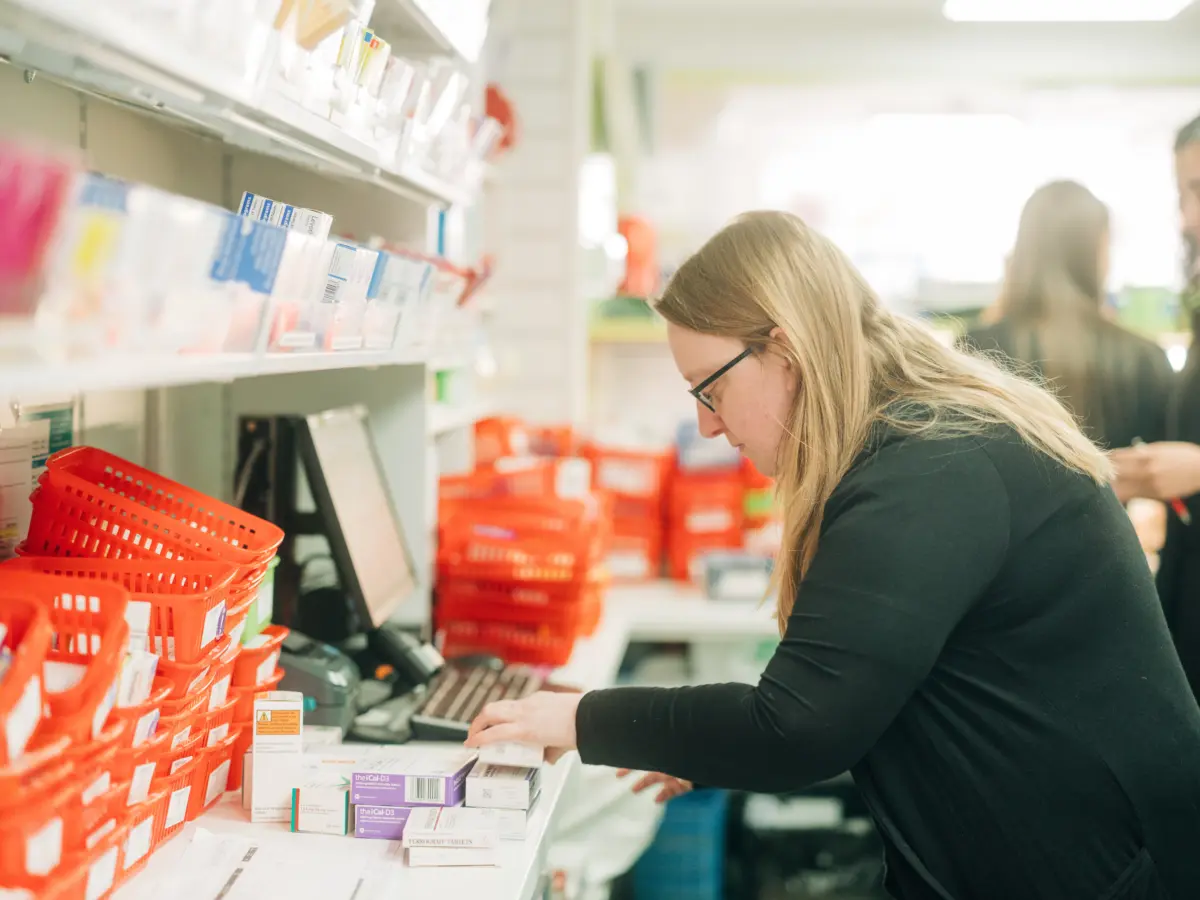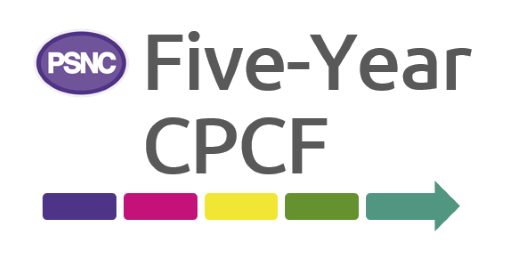Service case study: Hep C Testing supporting local case finding
In September 2020, the Community Pharmacy Hepatitis C Antibody Testing Service was added to the NHS Community Pharmacy Contractual Framework. The service is focused on provision of point of care testing for Hepatitis C (Hep C) antibodies to people who inject drugs (PWIDs), i.e. individuals who inject illicit drugs, e.g. steroids or heroin, but who have not yet moved to the point of accepting treatment for their substance use. Where people test positive for Hep C antibodies, they will be referred for a confirmatory test and treatment, where appropriate.
While pharmacy contractors who provide a needle and syringe programme (NSP) to a significant number of clients are best placed to provide this service, including ensuring it will be economically viable to provide, a pharmacy in South Shields has used the opportunity to work locally with their LPC, the Operational Delivery Network (ODN) based at the Freeman Hospital in Newcastle upon Tyne and other stakeholders to successfully test a high number of patients.
The local opportunity
With the launch of the Advanced service, Gateshead and South Tyneside LPC worked with the ODN to identify how the service could support them to reach more patients. They arranged a face-to-face learning event for contractors that covered provision of the service.
How was the service provided?
Hassan Malik, pharmacist at Carters Chemist in South Shields explained that the local training event allowed himself and other staff to be trained to provide the service.
While his pharmacy did not provide a NSP, it did have a widely used supervised medication service to support patients prescribed opioid substitution therapy, so he felt he had an opportunity to successfully provide the Advanced service through effective promotion of it to eligible individuals.
In house and with the support of the ODN, he used posters, leaflets and digital advertising to promote the service to patients.
Hassan explained, “By informing my regular patients about the service, they told friends of theirs who were not in treatment, who then subsequently came in for a test.
“We provided the service over a three-month period but had a really focused effort for one month and heavily promoted the service to eligible patients. We had set clinic times for provision of the service, as well as providing a walk-in option when possible. The clinic approach optimised the logistics of the service and made it easier to undertake the necessary COVID-related safety precautions, such as cleaning the consultation room between patients.”
Who provided the service in the pharmacy?
Hassan shared, “It was definitely a team approach. I trained to provide the service, but I also arranged for my technician to attend the training. My aim was that I would supervise their work and only do a few of the tests.”
“The whole team was engaged so they could all promote the service to patients and then, hand over those who were interested or wanted more information to me or my technician. This freed me up to continue to provide other services in the pharmacy.”
Working with other stakeholders
The pharmacy also worked with other stakeholders, in addition to the ODN, to promote the service.
Hassan explained, “The local mobile NSP service, which is often located near to the pharmacy, also referred people to the pharmacy for tests. We also highlighted their services to our patients to support increased access to clean injecting equipment.
“In addition, I contacted the other local pharmacies to highlight that we were providing the service, to encourage them to refer patients to us for testing.”
What were the results?
The pharmacy performed 67 tests and identified six individuals that were positive for hepatitis C antibodies.
Hassan commented, “The Freeman were delighted with our results as the cost to the NHS of a patient having to be treated further down the line when the virus has caused greater damage is significantly more than the cost of treatment if patients are found early and provided antivirals.”
“I am also happy that our work with local stakeholders has paid off, as about three quarters of the patients were not actually our regular patients.”
Top tips for other contractors planning to provide the service
Hassan advises that contractors looking to provide the service:
- Adopt the clinic model to ensure they can provide the appropriate time to patients, as well as being able to provide a walk-in option.
- Invest in stakeholder engagement – contact your ODN, speak to the other pharmacies and NSP sites in your area to let them know you are providing the service and encourage them to talk to their patients about the service. It is not a service that makes sense for all pharmacies to provide, but with the patient in mind, everyone can support it locally. Provide local pharmacies with information leaflets to support patient engagement and referrals.
- Make it a whole team approach, so that anyone in the team can explain the benefits of the service and then they refer patients who want more information or a test to the pharmacist or pharmacy technician.
- Use local advertising, posters, digital screens, leaflets attached to needle and syringe packs, to get the message out there about the service.
- Consider focusing on provision of the service for a set period to maximise provision and impact.









